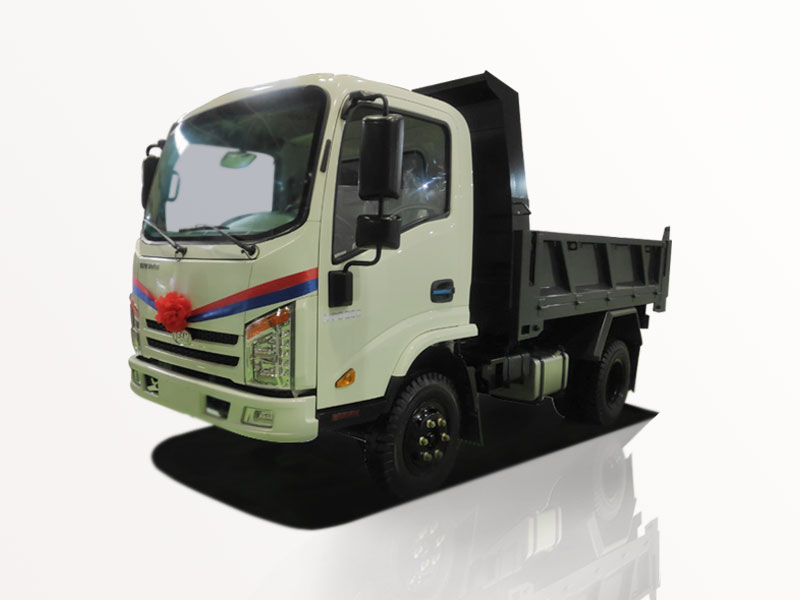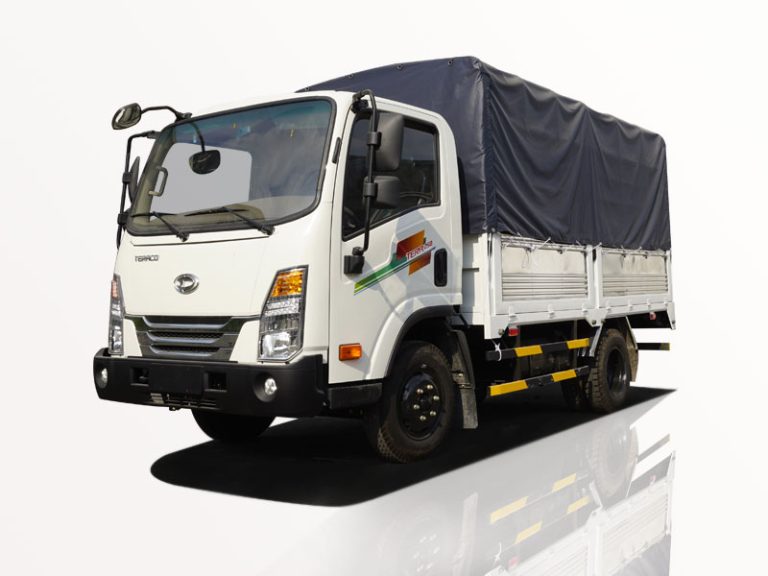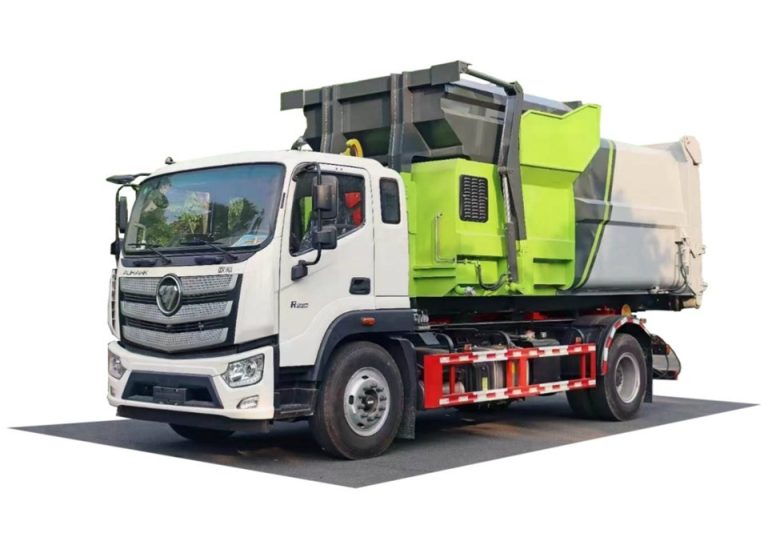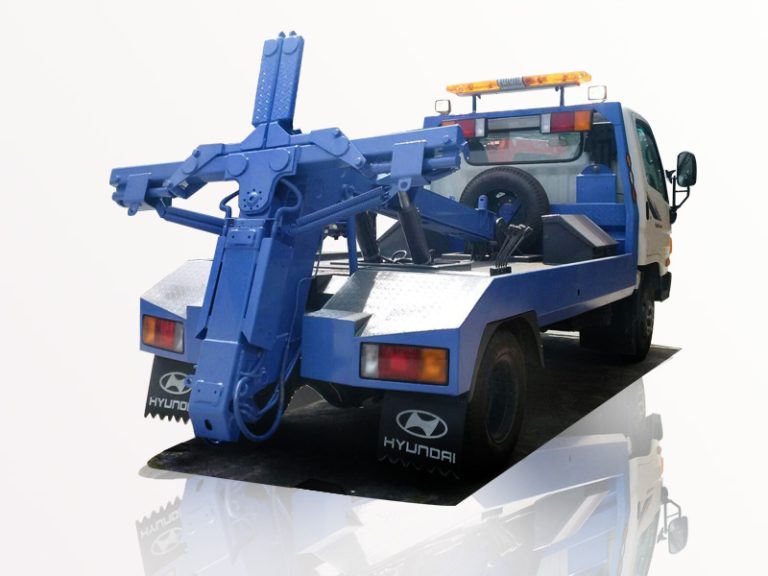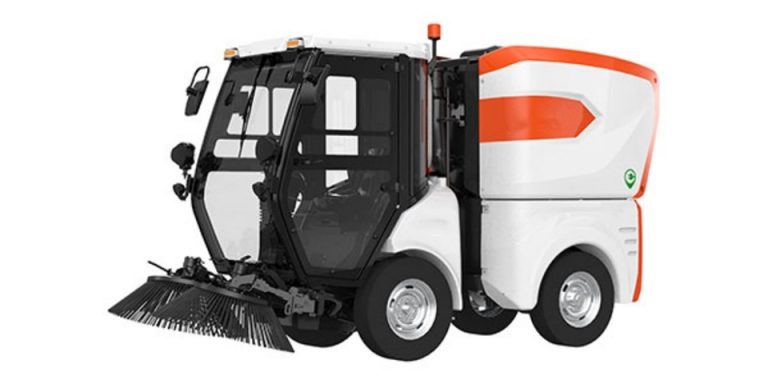Introduction
The lorry fuel tank plays a crucial role in the efficient functioning of heavy-duty vehicles. As these vehicles often cover long distances, understanding their fuel tank’s capacity, maintenance, and safety can help improve performance and reduce operational costs. In this comprehensive guide, we’ll explore everything you need to know about lorry fuel tanks, including types, maintenance, installation, and helpful tips for optimizing their use. Whether you are a transport operator, a mechanic, or simply curious about lorry fuel systems, this article is for you.
Understanding Lorry Fuel Tanks
What is a Lorry Fuel Tank?
A lorry fuel tank is a storage container designed for holding fuel in large vehicles like lorries, trucks, and heavy machinery. These tanks are typically made from durable materials to withstand the rigors of road travel and prevent leakage or damage.
Types of Fuel Tanks
Lorry fuel tanks come in different types based on their design and functionality:
- Standard Tanks: The most common type, designed to hold diesel or petrol.
- Auxiliary Tanks: Additional tanks that can be fitted to extend range.
- Custom Tanks: Specific designs based on vehicle requirement and fuel type.
Standard Tanks
Standard tanks are fixed to the vehicle and usually made of steel or plastic. Their capacity varies, generally ranging from 100 to 500 liters, depending on the lorry size.
Auxiliary Tanks
Auxiliary tanks are used when increased fuel capacity is needed. They are often added to larger trucks for longer hauls where refueling might be an issue.
Custom Tanks
Custom tanks may be designed for specialized fuels or specific requirements. Companies often work with manufacturers to design a tank that fits their needs precisely.
Fuel Tank Capacity and Its Importance
Determining Fuel Tank Capacity
The capacity of a lorry fuel tank affects how far a lorry can travel before needing to refuel. Varying capacities can impact logistics, routes, and efficiency. Most lorries are equipped with fuel tanks that can accommodate both short and long-distance journeys.
Fuel Efficiency
A larger fuel tank can lead to increased efficiency, reducing the number of stops made during a journey. However, it is crucial to balance the fuel capacity with the vehicle’s weight to ensure efficiency is not compromised.
Fuel Tank Materials
Common Materials Used
| Material | Advantages | Disadvantages |
|---|---|---|
| Steel | High durability and resistance to impacts. | Can corrode over time if not treated. |
| Aluminum | Lightweight and corrosion-resistant. | More expensive than steel. |
| Plastic | Resistant to erosion; low maintenance. | Can be less durable under extreme conditions. |
Choosing the Right Material
When selecting the material for a lorry fuel tank, consider factors like cost, weight, durability, and specific environmental requirements. For example, aluminum might be preferred for weight savings in a long-haul truck, while steel is ideal for rugged applications.
Installation and Replacement of Fuel Tanks
How to Install a Lorry Fuel Tank
Installation should be handled by qualified professionals to ensure safety and compliance with regulations. Here’s a general process:
- Ensure the lorry is parked on a stable surface.
- Drain any residual fuel from the old tank.
- Remove the old tank by disconnecting the fuel lines and mounting hardware.
- Install the new tank and securely connect the fuel lines.
- Check for leaks and test the system before putting the lorry back into service.
When to Replace a Fuel Tank
Regular inspections can help identify when a fuel tank needs replacement. Look for signs such as:
- Visible rust or corrosion.
- Fuel leakage or odor.
- Damage from impacts or accidents.
Maintenance of Lorry Fuel Tanks
Routine Maintenance Tips
Proper maintenance can extend the life of your lorry fuel tank and improve performance:
- Regularly inspect for leaks or corrosion.
- Keep the tank clean and free from debris.
- Monitor fuel quality and avoid using contaminated fuel.
Cleaning Your Fuel Tank
Cleaning your fuel tank is essential to maintain fuel quality. You can schedule professional cleaning or use tank-cleaning additives approved for your tank type. Regular cleaning can prevent sludge buildup, which could affect engine performance.
Fuel Management and Best Practices
Effective Fuel Management Strategies
Implementing effective fuel management can drastically improve operational efficiency:
- Monitor fuel consumption regularly.
- Use telematics to track fuel usage over time.
- Train drivers on fuel-efficient driving techniques.
Telematics and Its Benefits
Telematics systems provide real-time data on fuel consumption, driving behavior, and maintenance needs. By utilizing these insights, fleet managers can cut costs and optimize routes.
Government Regulations and Compliance
Understanding Fuel Regulations
Fuel tanks are subject to numerous regulations regarding their design, installation, and maintenance. It is essential to understand local regulations to ensure compliance:
- Check for the required tank capacity for your lorry class.
- Ensure all installations meet safety regulations.
- Regular inspections should be documented for compliance purposes.
Environmental Considerations
Proper management of fuel tanks is crucial for protecting the environment. Ensure that any fuel spills are cleaned immediately and follow local guidelines for disposal of any waste materials.
Common Issues with Lorry Fuel Tanks
Frequently Encountered Problems
Understanding common issues can help in early detection and resolution:
- Cracks or holes leading to leaks.
- Corrosion, especially in steel tanks.
- Clogs in fuel lines from sediment buildup.
Repair or Replacement?
Deciding whether to repair or replace a tank depends on the extent of the damage. Minor repairs such as patching small leaks might be feasible, but extensive corrosion or structural damage typically warrants a complete replacement.
Tips for Extended Tank Life
Preventative Maintenance
Adopting preventative maintenance routines can significantly enhance the longevity of lorry fuel tanks:
- Keep tanks full to minimize evaporation.
- Inspect seals and gaskets for wear and replace as needed.
- Avoid fueling with contaminated sources.
Environmental Factors
Be mindful of environmental factors that can cause damage to tanks. For instance, extreme temperatures can affect plastics, while road salt can accelerate corrosion on steel tanks. Regular compromises may lead to unnecessary wear.
FAQs
1. How often should I check my lorry fuel tank?
It is advisable to inspect your fuel tank and its components every 3 to 6 months, depending on usage and road conditions.
2. What should I do if I detect a fuel leak?
Immediately stop using the vehicle, contain the leak if safe to do, and contact a professional to inspect and repair the issue.
3. Can I clean my lorry fuel tank myself?
While some small cleaning tasks can be done by yourself, it is generally recommended to have professionals handle fuel tank cleaning to avoid hazards associated with fuel handling.
4. What is the best fuel type for my lorry?
The best fuel type depends on your lorry’s manufacturer specifications. Generally, diesel is common for heavy-duty lorries, but check your owner’s manual for recommendations.
5. How do I know when to replace my fuel tank?
Signs of needing replacement include significant corrosion, leaks, or any structural damage that impede functionality.
6. Are there warranties for lorry fuel tanks?
Many manufacturers provide warranties for lorry fuel tanks, often covering defects in materials and workmanship. Check with your supplier for specific details.
